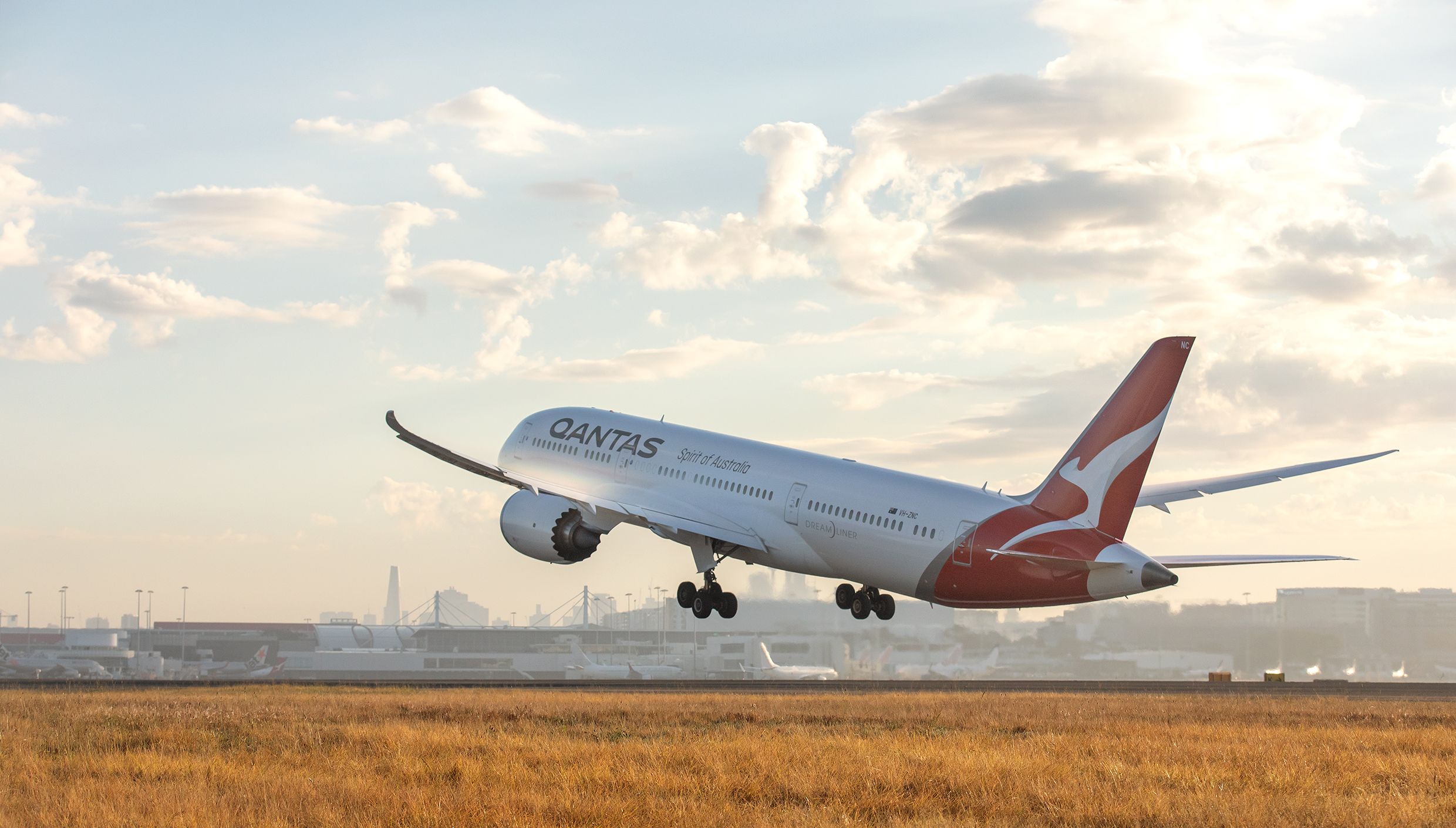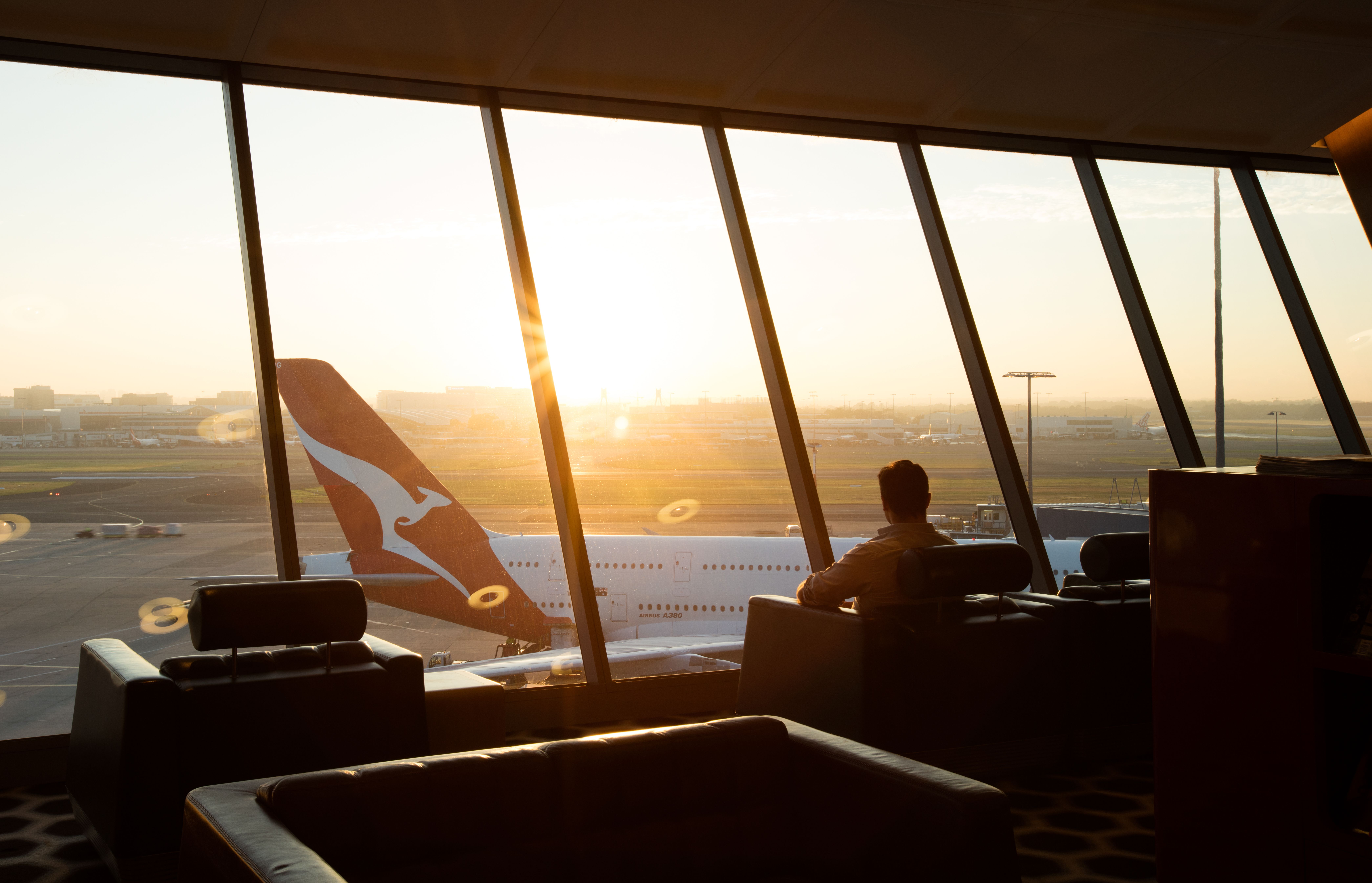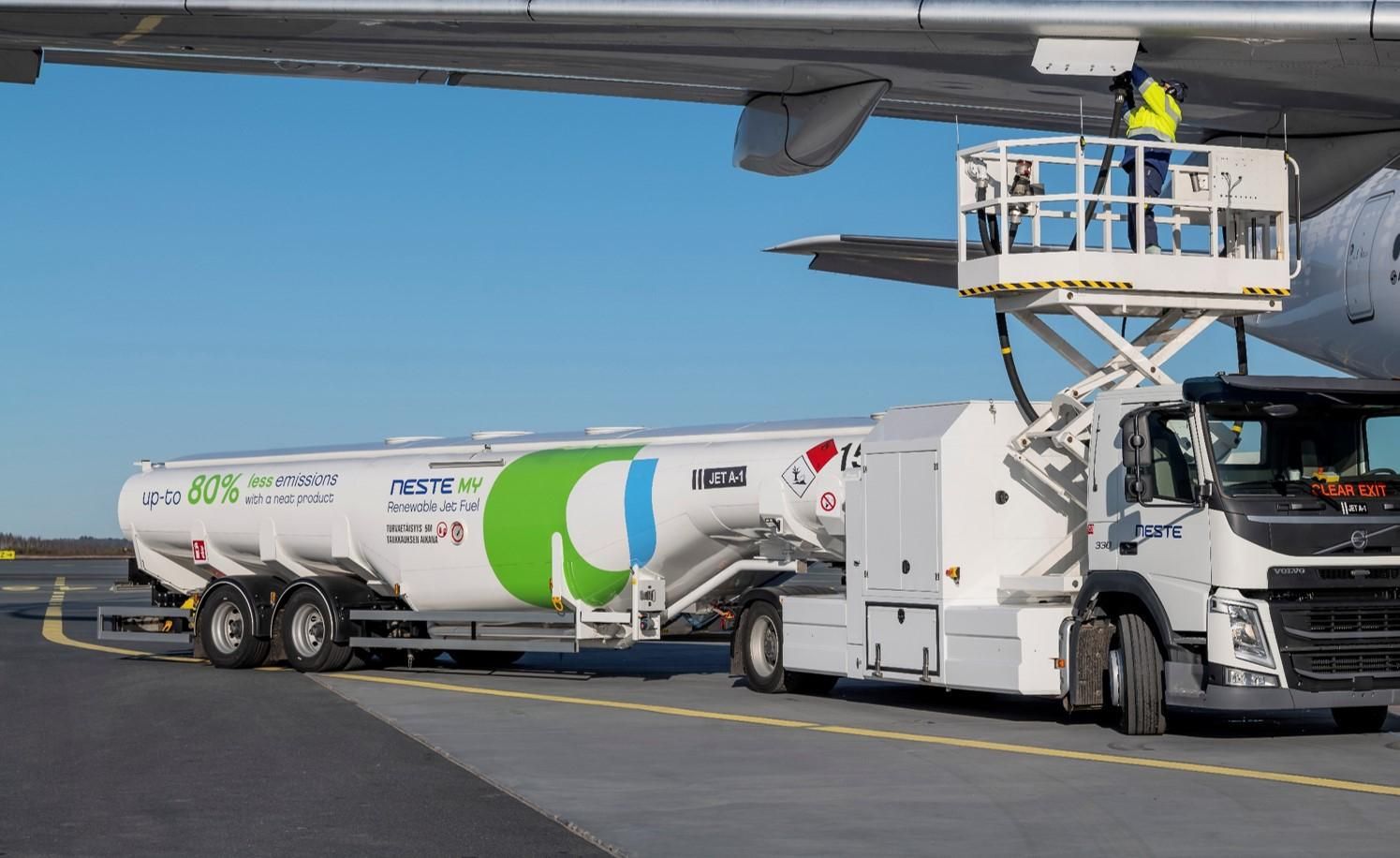Today Qantas hosted its first Investor Strategy Day in four years, with the annual event suspended during the pandemic years. As well as presenting its operational and financial plans, Qantas announced it will establish the world's largest aviation climate fund.
The Qantas Group is establishing the AU$400 million ($260 million) climate fund to provide direct investments in sustainability projects and technologies. The initiative is an essential part of the airline's pathway to net zero emissions by 2050 and fuelling the sustainable aviation push in this part of the world.
Qantas is putting some profit to good use
Last year Qantas and Airbus joined forces in an AU$290 million ($189 million) partnership to accelerate the production of a sustainable aviation fuel (SAF) industry in Australia, with that investment now a foundation for the new fund. Today the airline announced it was injecting another AU$110 million into the Qantas Climate Fund, topping up the funds to AU$400 million.
Qantas' latest investment will fund other green projects, including offshore SAF investments, operational efficiency technologies and high-integrity carbon offsets. The program will directly invest in new technologies and projects, research and development partnerships and managed sustainability funds that align closely with the airline's targets.
The Qantas net zero pathway includes reducing carbon emissions by 25% by 2030 (compared to 2019) and 10% SAF usage in the group's fuel mix by 2030. Today, chief sustainability officer Andrew Parker said that managing climate change is now built into how the airline does business and is a crucial part of its strategy through 2030 and beyond. He added:
"We have already made progress towards our interim climate targets with sustainable aviation fuel powering our flights out of London, more fuel efficient aircraft arriving every month and a mature carbon offset program. We need to turbocharge these efforts if we are to cut our carbon emissions by 25% by 2030 and have net zero emissions by 2050."
Qantas is an existing SAF user, and this year will purchase 10 million liters for flights from London, and from 2025 it will buy 20 million liters annually for its flights out of California. While that is a start, it is on the domestic front that Qantas and Jetstar, along with other Australian carriers including Virgin Australia, Rex and Bonza, face the most significant challenges from having no local SAF producer.
Want to know more about sustainability in aviation?
Australia needs to produce SAF
Without an on-shore SAF production capability, the local airlines will struggle to meet their emission reduction targets, which for the Qantas Group include using 10% SAF by 2030 and around 60% by 2050. In setting up the climate fund, Qantas has called on the Australian Government to introduce a SAF blending mandate "as part of a broader framework of industry policies, similar to those already announced in other jurisdictions."
That refers to the United Kingdom, Europe and Japan, where authorities have set or proposed mandates of between 5% and 10% by the end of the decade, while the US has a target of producing three billion gallons of SAF per year by 2030.
Parker believes that Australia has significant advantages for SAF production, and it presents an excellent opportunity to create a new domestic industry. He said:
"Without the right policy settings and signals we will see investment projects and feedstocks move offshore to places with specific policy support. We look forward to working with government and the rest of the industry to ensure we capitalise on this opportunity for Australia."
And therein lies the key to unlocking the SAF puzzle - where and when will the feedstock and fuel production facilities be built at a scale that will start making a difference? We don't need any more announcements about an airline making its first SAF flight, but we do need to see some action on making the stuff.
What do you think of this Qantas initiative? Let us know in the comments.



.jpg)
